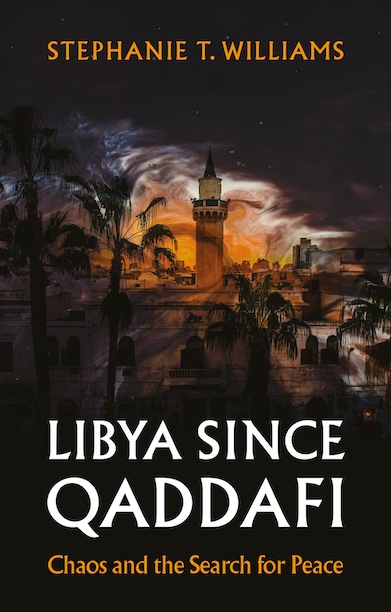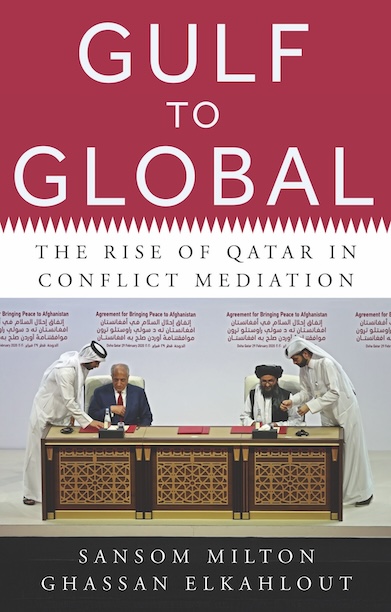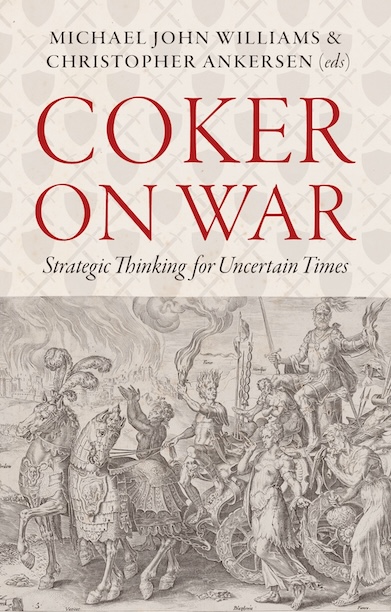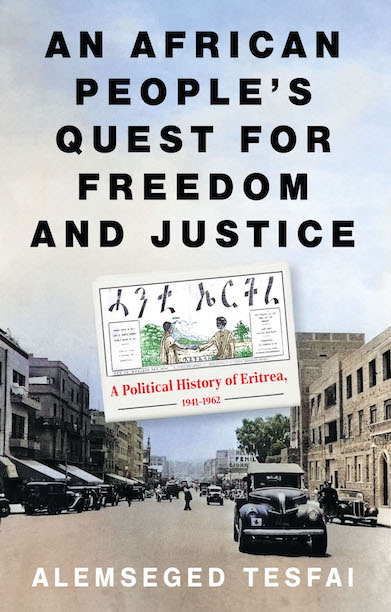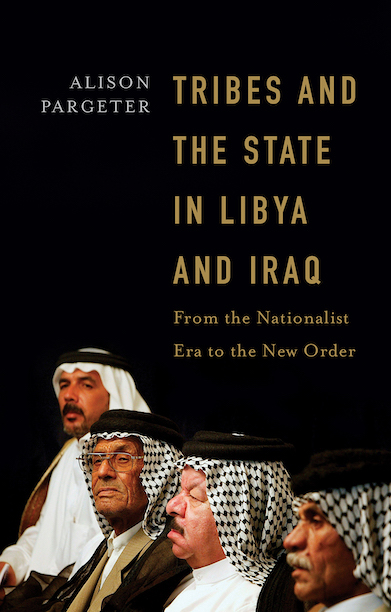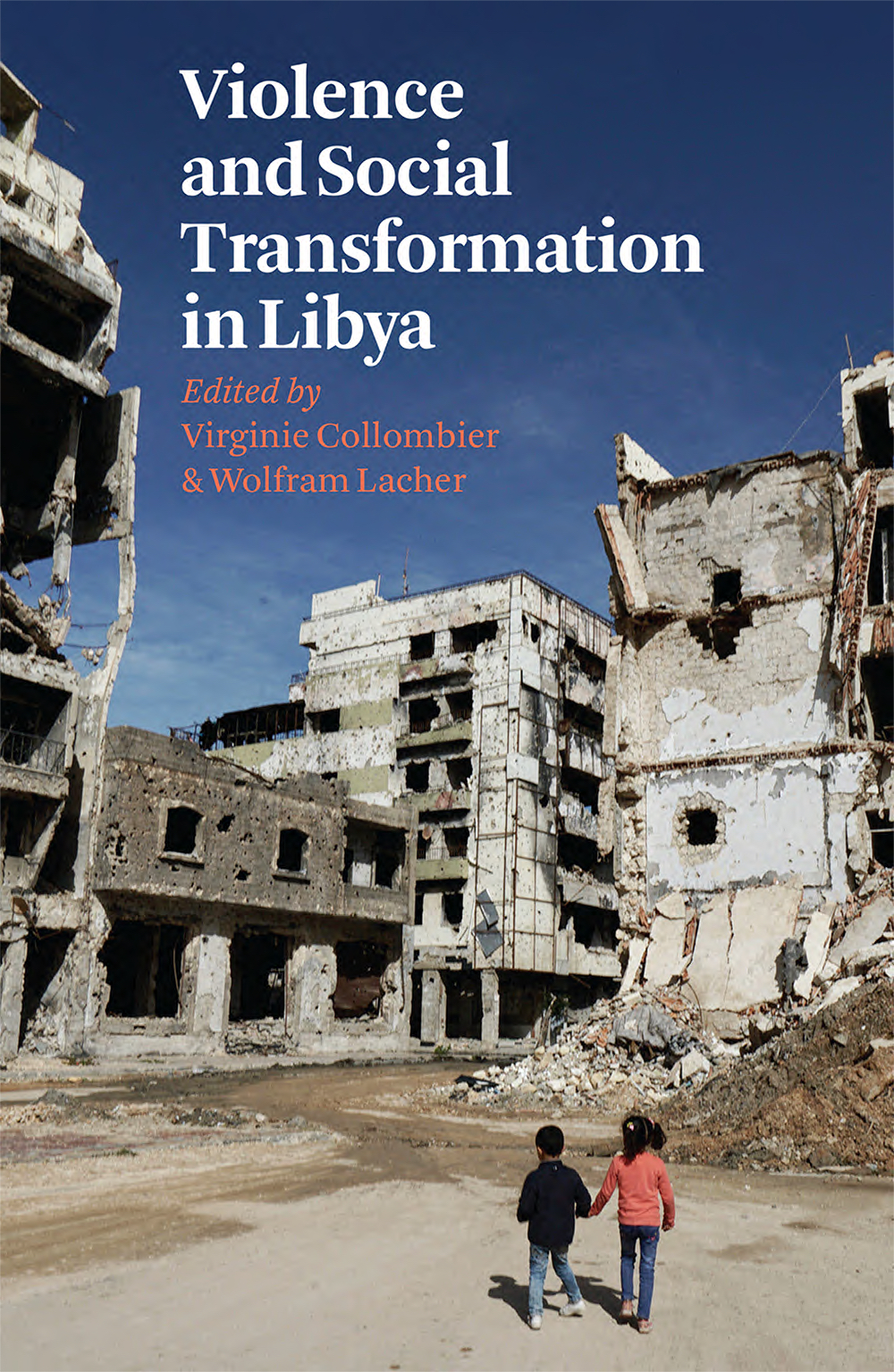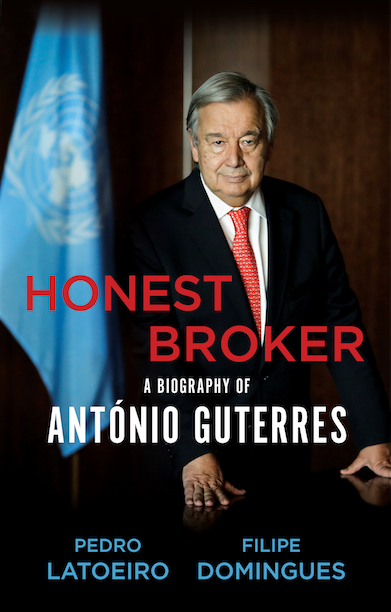Libya Since Qaddafi
Chaos and the Search for Peace
An inside account of conflict, collapse and innovative approaches to reconstruction in Libya’s challenging post-2011 landscape.
Description
Drawing on her experience as a United Nations mediator and a senior American diplomat, Stephanie T. Williams provides a first-hand examination of post-Qaddafi Libya. Using concrete examples from her experience in the country, Williams analyses the underlying drivers of the Libyan conflict, as well as the motivations of the international actors and the various Libyan protagonists. She bears witness to the horrific effect of General Haftar’s attack on Tripoli in 2019, how it tore apart a UN peace process, and how she worked alongside UN envoy Ghassan Salamé to reassemble some semblance of an international consensus under the Berlin Process and accompanying intra-Libyan tracks: military, economic and political.
Williams recounts her leadership of the UN mediation during the Covid pandemic, adopting new technologies and blending hybrid and physical meetings to produce the October 2020 ceasefire agreement, as well as progress on the economic track and an inclusive political agreement. She also lays out the pernicious effect of new media on peacemaking, and how disinformation and hate speech have exacerbated Libya’s fragmentation. Finally, Williams offers ideas on how to break Libya’s cycle of division and dysfunction to meet the longstanding aspirations of the people to live in peace and dignity.
Reviews
‘Comprehensive, authoritative and persuasive, Williams’ eyewitness account offers a front-row seat to dramatic negotiations with predatory politicians and deceitful outside powers. Even Russia’s notorious warlord Evgeny Prigozhin gets a cameo. Essential reading to understand why Libya remains divided, with broad lessons for international mediators.’ — Jeffrey Feltman, former UN Under-Secretary-General for Political Affairs
‘An important book that will surely prompt a renewed debate on the UN’s role in Libya, and more broadly on the UN’s mediation efforts in post-conflict countries.’ — Claudia Gazzini, Senior Analyst for Libya, International Crisis Group
‘Diplomacy may be a lost art, but Williams’ brilliance harkens back to a bygone era of the scholar-diplomat mastering Libya’s unfathomable complexity and distilling its core dynamics–think Adrian Pelt or E. E. Evans Pritchard. Williams effortlessly bottles her experiences into flowing prose and captures the essence of the struggle for Libya’s future.’ — Jason Pack, author of Libya and the Global Enduring Disorder
‘A rare and invaluable glimpse into the realities of peace mediation. With meticulous detail and inspiring frankness, Williams’ account is both insightful and innovative, offering rich lessons for mediators, policymakers and scholars alike. This book is an exceptional resource—a detailed, honest account of a recent mediation process with profound implications for peace efforts in Libya and beyond.’ — Eemeli Isoaho, Mediation in Peace Processes Coordinator, ETH Zurich
‘A masterful exploration of Libya’s tumultuous journey over the past fourteen years. With first-hand experience as a US diplomat and senior UN official, Williams provides an unparalleled understanding of the country’s political realities and key figures shaping its current dynamics and possible future.’ — Hafed Al-Ghwell, Senior Fellow and Executive Director of the North Africa Initiative, Johns Hopkins University
‘This engaging and original account of the UN’s work in Libya offers a fresh and current perspective on the ongoing crisis and diplomatic efforts.’ — Virginie Collombier, Professor of Practice, Luiss Guido Carli University, and co-editor of Violence and Social Transformation in Libya
Author(s)

Stephanie T. Williams is an experienced international mediator serving with the UN in Libya, where she produced a nation-wide ceasefire agreement and a political agreement, using hybrid technologies to build a more inclusive process. A former US diplomat, Williams has an extensive background in the Middle East and North Africa region.
